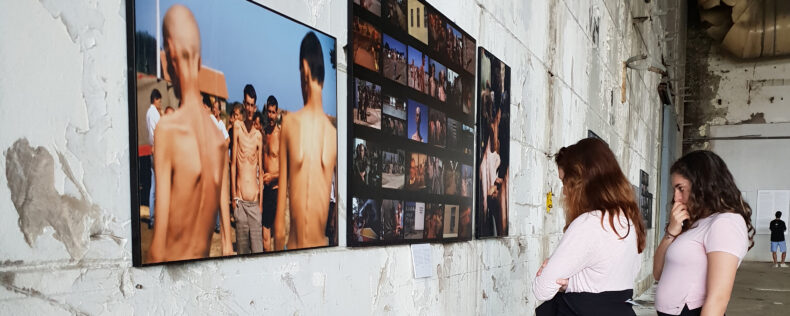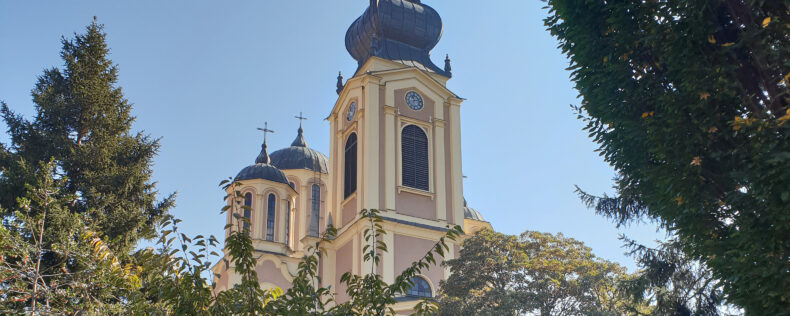This week-long study tour brings you to Belgrade, Serbia. The former capital of Yugoslavia has played a vital role in war and peace in the Balkans throughout history. During our Study Tour, we will pay specific attention to the pivotal period of the 1990’s, a time that included the dissolution of Yugoslavia, the resulting Yugoslav wars, and a significant loss of territory and influence for Serbia, including the most devastating trauma for Serbia, the NATO bombings of Belgrade in the summer of 1999. On our study tour, we will explore why NATO chose to bomb the Serbian capital and how Serbia commemorates this trauma.
As we visit the memorials of the armed conflicts in the former Yugoslavia, we bring life to our classroom discussions focusing on breaches of international humanitarian law and general international legal norms. We will witness the use and misuse of history by local actors and donor communities and work to understand the impact this has on reconciliation and the region’s possible future moving forward. We will build on these notions in Copenhagen and relate them to the historical disputes about genocide in Eastern Europe, which have gained a new dimension because of Russia’s full-scale invasion of Ukraine.
For one day of our tour, we will leave Serbia to spend a day in Srebrenica, Bosnia. In 1995, during the War in Yugoslavia, Srebrenica was the site of a massacre of more than 8,000 Bosniak men and boys, which was an act of genocide according to the International Court of Justice and the International Criminal Tribunal for the former Yugoslavia. To this day, Serbia still does not recognize the act as genocide, nor a Serbian responsibility. This breach of international law has had, and continues to have, enormous consequences for Serbia. We will experience some of these for ourselves in Belgrade and talk to NGOs and local activists to better understand how the 1990’s still carry through today.
This Study Tour aims to provide the tools to form your own conclusions about the consequences of breaches of international law and the role of commemoration in post-conflict areas via a deeper understanding of societal developments in a complex interplay of legal norms, culture, politics, and instrumentalized narratives on history.
Although this study tour will touch on many difficult and controversial issues, we intend to have a lot of fun and explore the strong, positive aspects of life in the Balkans. We will soak in the warm Balkan summer, experience the lovely Balkan food and music, and sense the unique mixture of Eastern and Western cultural traditions. Despite its complicated history, Belgrade is a young, vibrant, and lively city full of things to explore.
Tour Objectives
- Analyze and apply principles of international humanitarian law and international relations to complex cases
- Explore the reality and practical concerns affecting the implementation of obligations under international humanitarian law
- Understand of the background and nature of humanitarian law, the responses to massive violations of these, and how this field has evolved in Europe since World War II
Possible Activities
- Visit local memorial sights and museums
- Attend small group visits with NGOs and human rights activists
- Travel through the Balkan region, discovering its tumultuous recent past
- Talk with local politicians, academics, and civil activists


